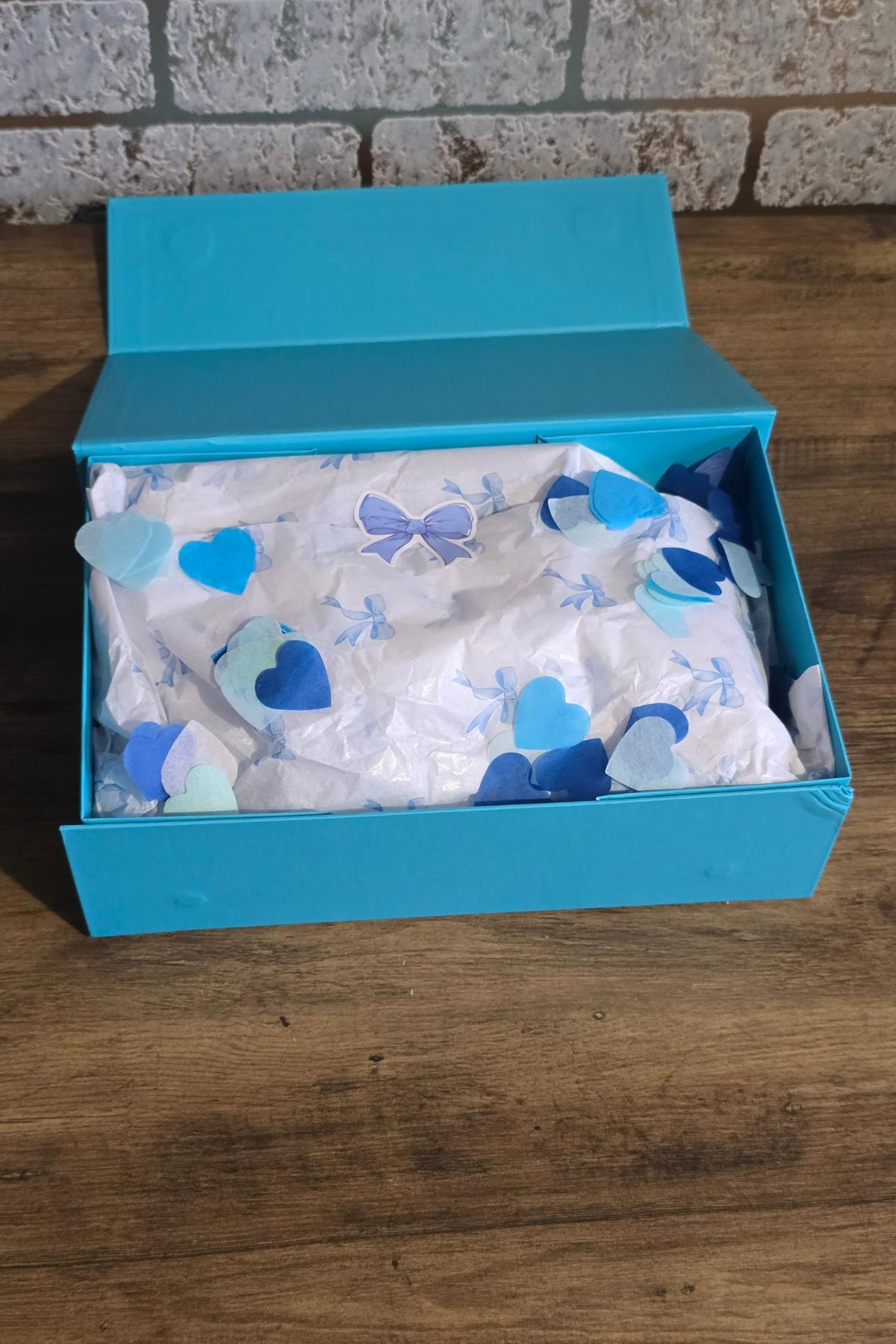What to Look for in a Modern Boiler System
This is a collaborative post.
In the UK, a boiler system is often the heart of a home’s heating setup, ensuring warmth and comfort through the colder months. With technological advancements, modern boilers like those from Viessmann are now more energy-efficient, environmentally friendly, and equipped with innovative features. However, selecting the correct boiler is not a straightforward decision. It requires careful consideration of various factors, including the type of boiler, its energy efficiency, and compatibility with your home’s heating demands.

Choosing wisely can lead to long-term savings, enhanced performance, and reduced carbon emissions. This guide outlines the essential aspects to consider when investing in a modern boiler system, helping you make an informed decision tailored to your household’s unique needs.
1. Boiler Type
Understanding the different types of boilers is fundamental:
- Combi Boilers: These provide heating and hot water directly from the mains, eliminating the need for a separate hot water cylinder. They are ideal for smaller households with limited space and moderate hot water demands.
- System Boilers: These require a hot water cylinder but no cold water tank, making them suitable for homes with higher hot water needs. They can supply multiple outlets simultaneously without a significant pressure drop.
- Conventional Boilers: Also known as regular or traditional boilers, these need both a hot water cylinder and a cold water storage tank. They are appropriate for larger homes with multiple bathrooms.
2. Energy Efficiency
Modern boilers are designed to be highly efficient, often achieving efficiency ratings of 90% or higher. Opting for an A-rated boiler can significantly reduce energy bills and carbon footprint. Additionally, boilers should be considered compatible with renewable energy sources, such as solar thermal systems, to enhance efficiency further.
3. Heating Controls and Smart Technology
Advanced heating controls allow for precise heating system management, including programmable thermostats and smart home integration. Features like remote access via smartphone apps enable you to adjust settings on the go, ensuring comfort and efficiency. Smart thermostats can learn your schedule and optimise heating patterns accordingly.
4. Boiler Size and Output
Selecting the appropriate boiler size is crucial:
- Heat Output (kW): The boiler’s output should match your home’s heating requirements. An undersized boiler may not provide adequate heating, while an oversized one can lead to inefficiency and higher running costs. Factors influencing the required output include the number of radiators, bathrooms, and the property’s insulation levels.
- Physical Dimensions: Ensure the boiler fits the designated space, especially in properties with limited room. Combi boilers are typically more compact, making them suitable for smaller spaces.
5. Hot Water Demand
Assess your household’s hot water usage:
- Low to Moderate Demand: A combi boiler may suffice, providing hot water on demand without needing a storage cylinder.
- High Demand: A system or conventional boiler with a hot water cylinder ensures a steady supply for homes with multiple bathrooms or simultaneous hot water usage.
6. Installation and Maintenance
Professional installation is vital for safety and efficiency. Ensure the installer is registered with the appropriate regulatory body, such as Gas Safe for gas boilers. Regular maintenance, including annual servicing, prolongs the boiler’s lifespan and maintains efficiency. Some modern boilers feature remote monitoring capabilities, allowing technicians to diagnose issues proactively.
7. Noise Levels
Consider the boiler’s noise output, especially if installed near living areas or bedrooms. Modern boilers are designed to operate quietly, but check the decibel rating and, if possible, see the boiler in operation before purchasing.
8. Future-proofing and Compatibility
With the UK’s commitment to reducing carbon emissions, consider boilers compatible with renewable energy sources or those that can be adapted. For instance, system boilers are more easily integrated with solar water heating systems. Additionally, if you plan to switch to a heat pump, having a hot water cylinder in place can facilitate the transition.
9. Warranty and After-Sales Support
A comprehensive warranty provides peace of mind. Check the warranty terms, including duration and coverage. Reliable after-sales support ensures issues are promptly addressed, maintaining the boiler’s performance over time.
10. Environmental Impact
Consider the boiler’s environmental credentials:
- Emissions: Modern boilers produce lower NOx emissions, improving air quality.
- Renewable Integration: Boilers compatible with renewable technologies, such as solar thermal systems, reduce reliance on fossil fuels.
Conclusion
Investing in a modern boiler system is not just about upgrading your heating infrastructure; it’s about enhancing your home’s comfort, efficiency, and sustainability. You can ensure optimal performance and cost savings by thoroughly evaluating factors like boiler type, energy efficiency, and compatibility with your household requirements.
Choosing a system that aligns with future energy standards and incorporates innovative technology prepares your home for evolving environmental goals. Regular maintenance and professional installation further enhance the longevity and reliability of your boiler. Ultimately, taking the time to understand your options ensures you select a boiler system that meets your needs today and adapts to the demands of tomorrow, providing peace of mind and consistent warmth for years to come.






